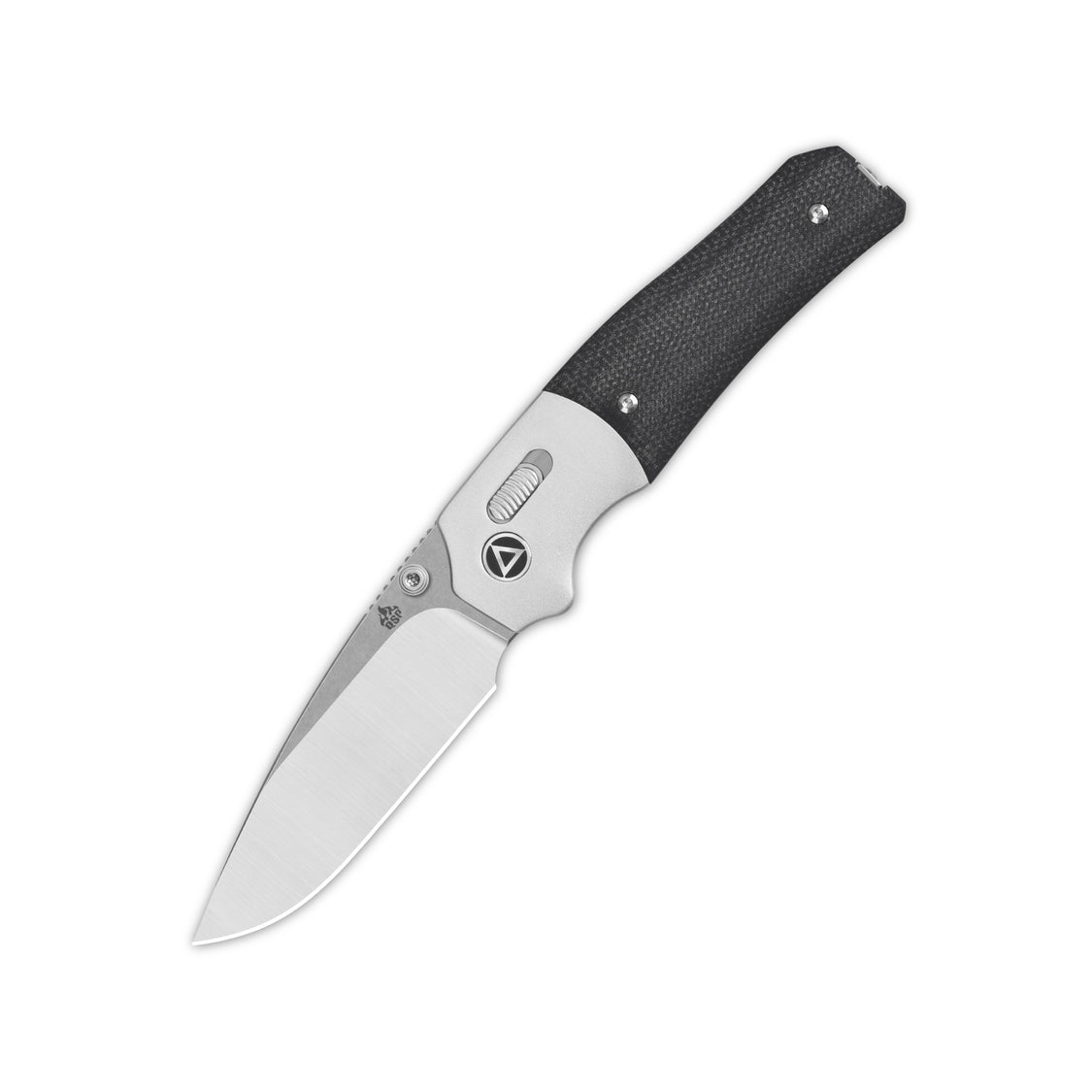The Pros and Cons of Using a Knife for Self-Defense: What You Need to Know
Body
When considering personal safety, many individuals ponder the question: are knives effective for self-defense purposes? This article delves into the advantages and disadvantages of using knives as a means of protection, providing a comprehensive understanding of their role in self-defense scenarios.

Understanding the Effectiveness of Knives in Self-Defense
Knives can be perceived as both a tool and a weapon. Their effectiveness in self-defense largely depends on various factors, including the user's skill level, the situation at hand, and the legal implications surrounding their use. While some argue that knives can provide a sense of security, others caution against their use due to potential legal repercussions and the risk of escalation in violent encounters.
Advantages of Using a Knife for Self-Defense
- Accessibility: Knives are widely available and can be easily carried, making them a convenient option for self-defense.
- Deterrent Factor: The mere presence of a knife can deter an attacker, as it signals the potential for serious harm.
- Close-Quarter Combat: In situations where distance is limited, a knife can be an effective tool for defense.
- Training Opportunities: Many self-defense classes incorporate knife training, allowing individuals to learn how to use them effectively.
Disadvantages of Using a Knife for Self-Defense
- Legal Issues: The use of a knife in self-defense can lead to legal complications, including charges of assault or manslaughter.
- Risk of Escalation: Engaging with an attacker using a knife may escalate the situation, potentially resulting in severe injury or death.
- Skill Requirement: Effective knife defense requires training and practice; without proper skills, the user may be at a disadvantage.
- Emotional Consequences: The psychological impact of using a knife in self-defense can be significant, leading to long-term trauma.
Are Knives Effective for Self-Defense Purposes? Legal Considerations
When evaluating whether knives are effective for self-defense purposes, it is crucial to consider the legal framework surrounding their use. Laws vary significantly by jurisdiction, and what may be permissible in one area could lead to severe penalties in another. Always research local laws regarding weapon possession and self-defense to ensure compliance.
Conclusion: Weighing the Options
In conclusion, the question of whether knives are effective for self-defense purposes is complex and multifaceted. While they offer certain advantages, such as accessibility and deterrent effects, the potential legal ramifications and risks associated with their use cannot be overlooked. Individuals must carefully assess their personal circumstances, training, and local laws before deciding to rely on a knife for self-defense.
Ultimately, self-defense is about making informed choices. Whether you choose a knife or another means of protection, understanding the implications and responsibilities that come with it is essential for ensuring your safety and the safety of others.










Comments